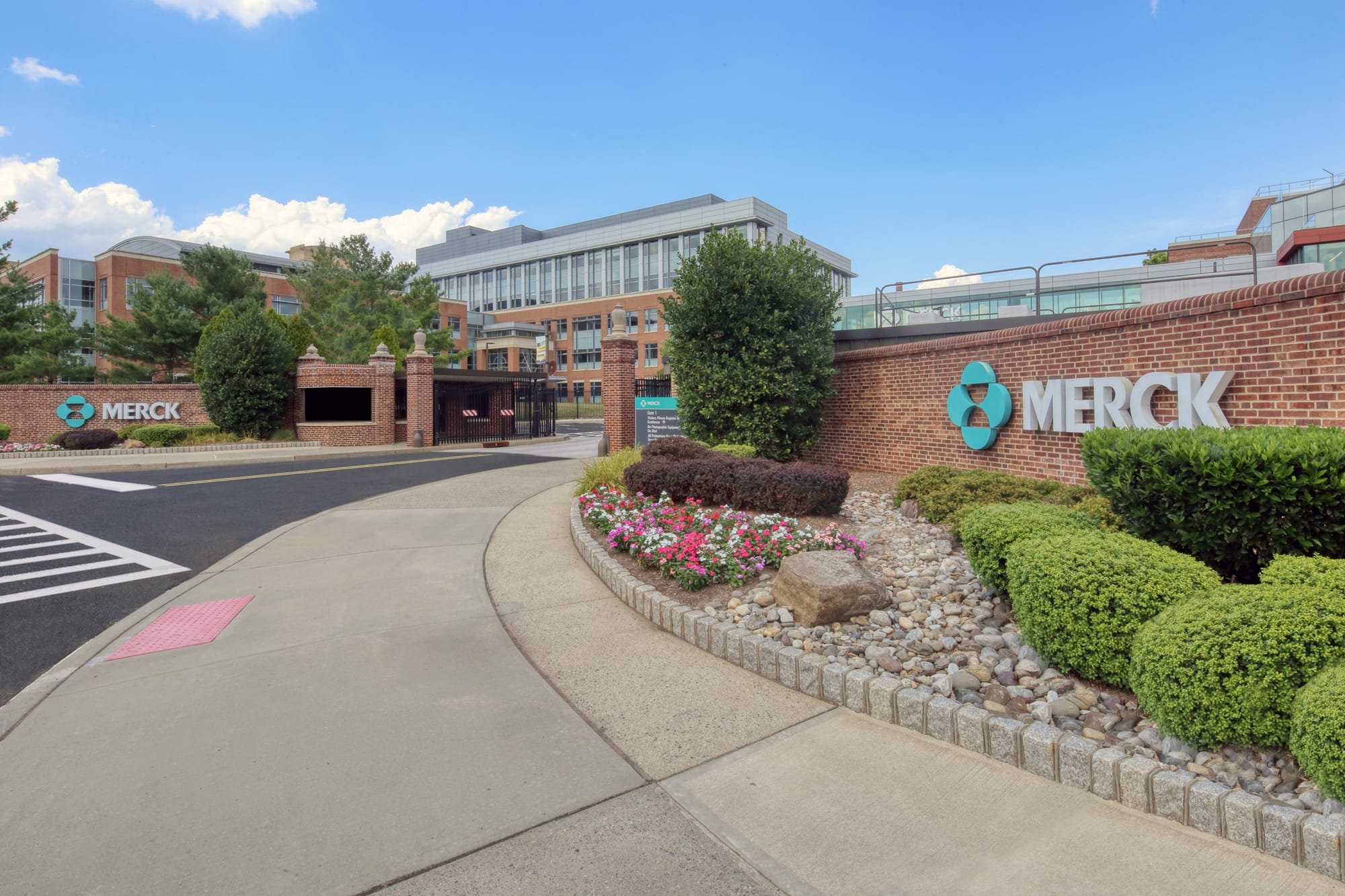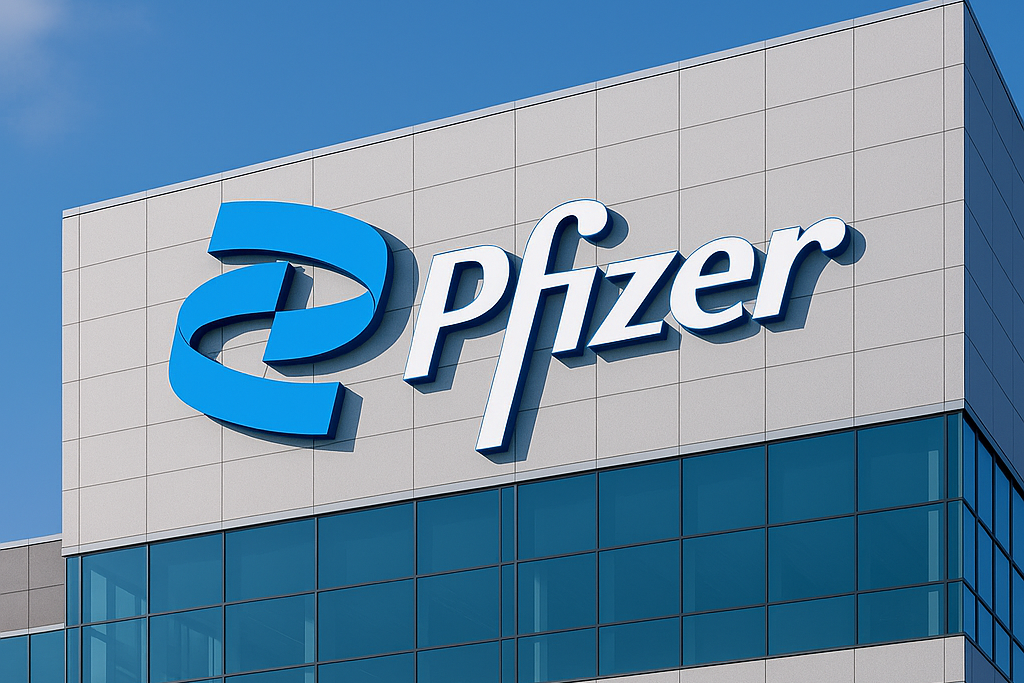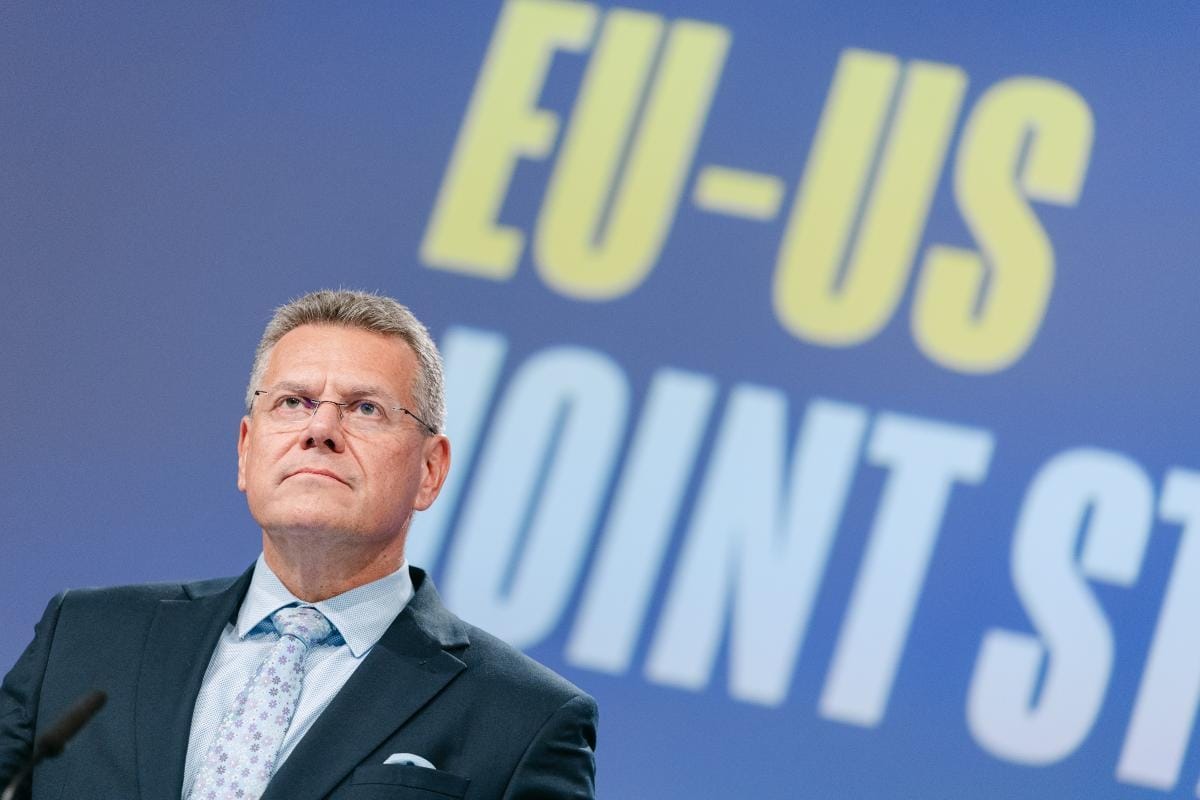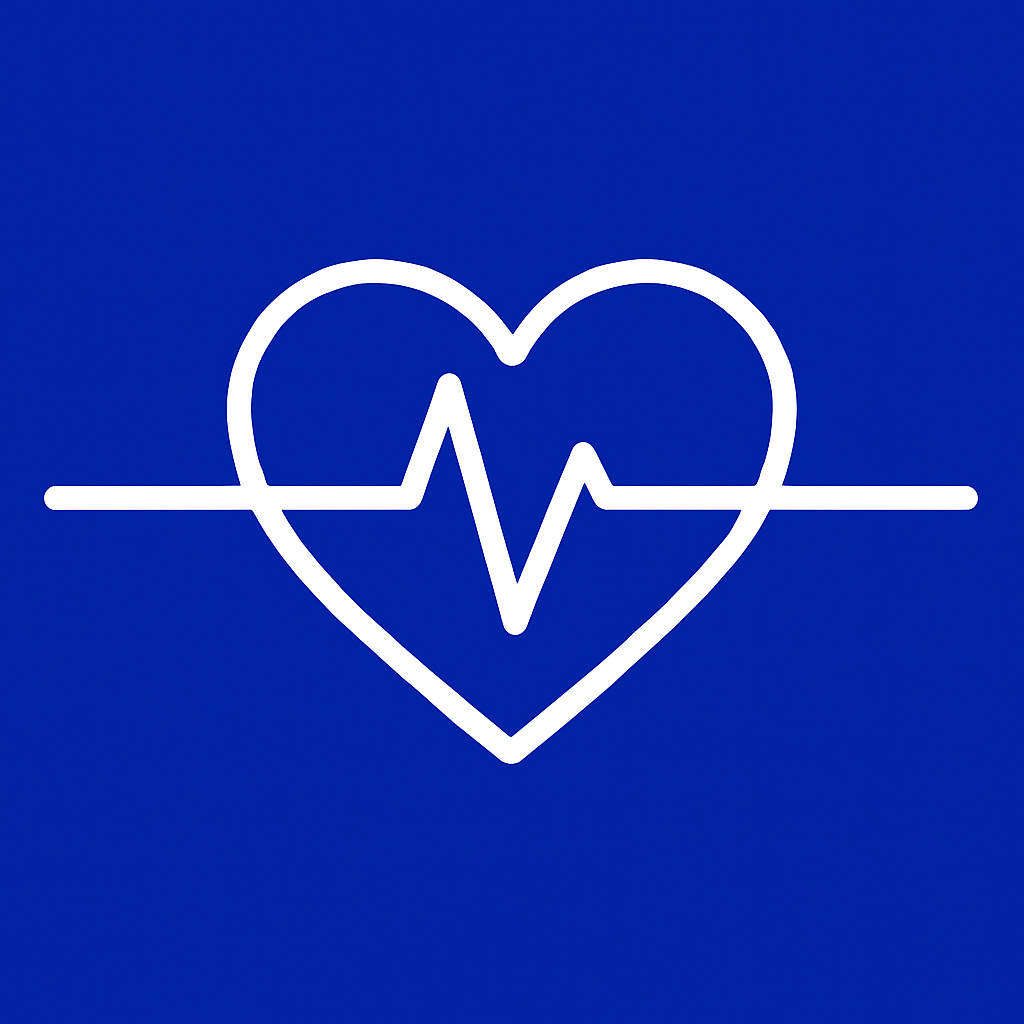Merck the latest to up US investment in the face of Trump threats
Another European company bows to Trumps threats by increasing investment commitments in US

Today (20 October), Darmstadt-headquartered Merck (MSD) announced a $3 billion investment in a Center of Excellence for Pharmaceutical Manufacturing, in Virginia, as part of a promise to invest more than $70 billion in US research, development and capital projects. The announcement comes after its decision last week to reduce the price of fertility drugs.
The moves comes in the wake of a 31 July letter sent by President Trump to 17 leading pharmaceutical companies, warning that the US would “deploy every tool in our arsenal to protect American families from abusive drug pricing practices”. The implied threat has seen pharmaceutical companies line up to reach deals on pricing and investment. Pfizer was the first to make a deal.

At a press conference last week announcing the Merck deal, Trump said “Nobody thought that we’d be able to do it — and we’ve done it.”
Earlier in the month (10 October) UK headquartered AstraZeneca also paid homage in the White House, with CEO Pascal Soriot confirming that it would “voluntarily” meet all requests set out in the President’s 31 July letter. The company committed to provide access to medicines “at prices that are equalized with those available in wealthy countries”, to participate in the TrumpRx.gov direct purchasing platform, and to onshore manufacturing to the US through an agreement with the US Department of Commerce to delay Section 232 tariffs for three year. The announcement came as AstraZeneca reversed investment commitments in the UK.
Dr Mehmet Oz, responsible for Medicare and Medicaid, referring to AstraZeneca, said: “A leading country, a company from Europe, a global leader in the pharmaceutical sector, came to this office made the same kind of commitment for most favored nation pricing, again, because the President insisted on it and was persistent.”
Today’s announcement by EMD Serono, the healthcare business of Merck in the US and Canada, also entered an agreement with the US Secretary of Commerce to exempt its pharmaceutical products and ingredients from Section 232 tariffs, provided it invests in future biopharmaceutical manufacturing and research in the United States.
At the same event, Trump claimed that the price of Danish company Novo Nordisk’s Ozempic would also be much lower for Americans, before being interrupted by Oz to say that lower prices had not yet been negotiated. Nevertheless, there is obviously considerable pressure on the company to further lower its prices.
While some aspects of these agreements are confidential, and others exaggerated, it would be difficult to argue with Trump’s assessment that his approach is working. His letter of 31 July appears to have had a significant impact on both pricing and investment.
The European Commission has been insistent that their EU/US trade deal has not been breached and that there is still a 15% ceiling on tariffs, including those linked to potential US section 232 national security provisions. However, as Trump wrote in his letter, tariffs are not the only tools in his arsenal.



